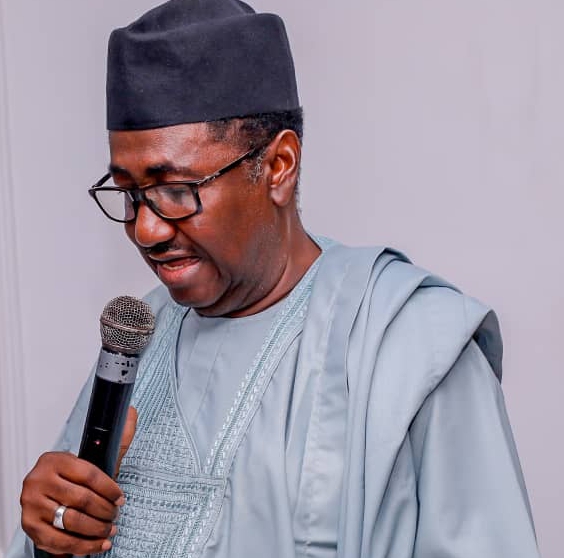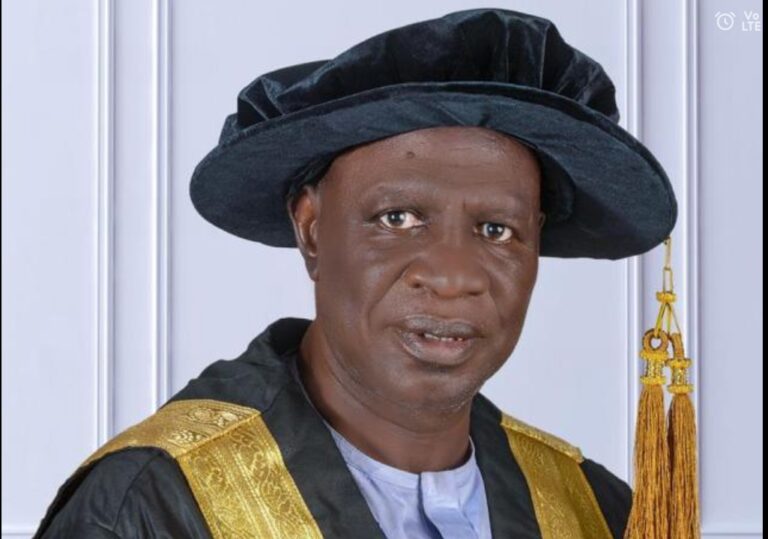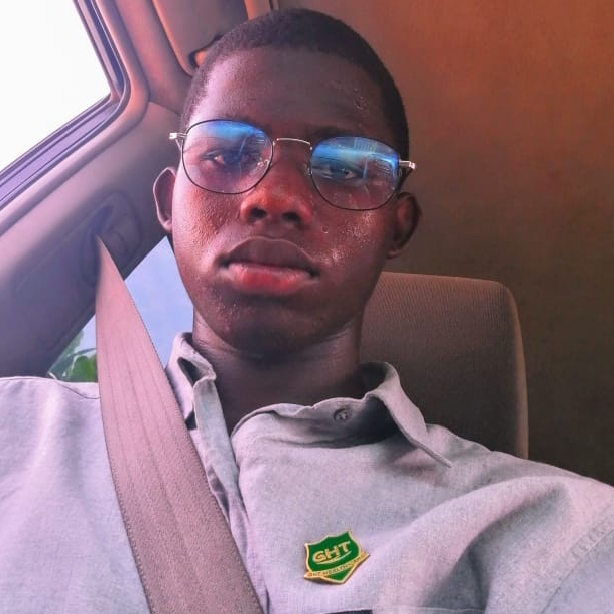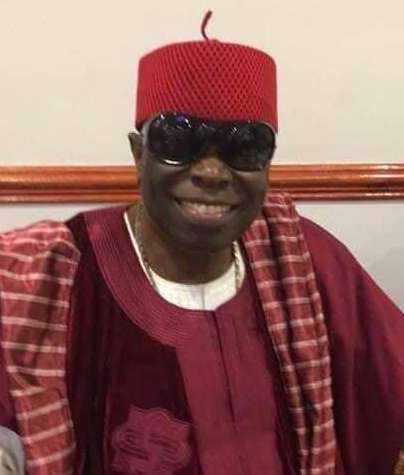CO-OPERATION FOR RECOVERY UNDER SAMOA AGREEMENT AND MATTERS ARISING. BY MOHAMMED KABIR ILYASU

CO-OPERATION FOR RECOVERY UNDER SAMOA AGREEMENT AND MATTERS ARISING



Introduction
Few realized how precarious the overall political situation in Nigeria has become, with government in disarray on how to tackle the economy and insecurities. With the economy shrinking, and, long endemic corruption transforming into something akin to looting. The further strengthening of government and institutional obligations is largely a task for the APC political party. For now, the government is showing signs of exhaustion from the collapsing economy and increasing insurgency.
Nigeria has been sliding steadily and government failure to promote sustained economic growth is becoming evident. Despite massive borrowing, export growth lagged further behind the rate suggested by the investment levelers. Some optimists believed the bottom has been reached. With fuel subsidies removed, the economy rapidly deteriorated. Naira was subsequently devalued.

As inflation is on the rise, little relief is in sight and the money supply is more than 50 percent higher than last year. Unemployment has become the bane of many youth, limiting the rural absorption capacity due to insurgencies and kidnappings. After remaining static for many years, agricultural workforce has been decreasing thereby affecting the food supply chain.
Insecurities
Early in the year 2000, a group of radical clerics known as BH cemented an alliance with surviving remnants of the old Maitatsine, ISIS and ISWAP movements who withstood many setbacks to develop into insurgent movements that can be found in every Northern state of Nigeria and beyond. Their members focussed their energy on establishing and consolidating sparsely populated areas where their fighters could roam with relative safety and secure food and shelter. The hinterland areas that they succeeded in consolidating were distinguished by relative poverty and lack of any viable government presence.
At the center of this vacuum was a lack of law and order. A curious observer would notice throughout, the political and defense establishment, the country is in somber mood, levels of mistrust of and dissatisfaction with the government that has no obvious solutions to serious defense challenges and domestic dilemmas.
The rise of insurgents strength begun in the wake of the return of democracy with youth joblessness that drove Nigerians to rural areas and created serious rural unemployment. Tellingly, the government postulations on containments are viewed less reliable. The objective should be to strengthen Nigeria as a whole as it continues to grapple the uncertainties of the post- Buhari era.
Cooperation for expansion
“The Samoa Agreement serves as a vital legal framework for cooperation between the OACPS and the European Union, with the aim of promoting sustainable development, fighting climate change and its effects, generating investment opportunities, and fostering increased collaboration among OACPS member states. But, because of the mention of sexual orientation and gender identity (understood to be be LGBTQ+ rights), many ACP countries refused to sign.
A compromise was reached, providing that the parties will commit “to promote, protect and fulfil all human rights be they civil, political, economic, social or cultural”. The parties are requested to commit to the implementation of existing international agreements — such as the International Conference on Population and Development, Programme of Action on sexual and reproductive health and rights, the Beijing Platform on gender equality and their follow-up (negotiated agreement, Article 36).
The agreement covers six priority areas — democracy and human rights, sustainable economic growth and development, climate change, human and social development, peace and security, and migration and mobility.
Before the Samoa Agreement, were the Lomé Convention and the Cotonou Agreement, signed in 1975 and in 2000 respectively.
Signatories to the Samoa Agreement are 48 African countries, 16 countries from the Caribbean and 15 Pacific countries — accounting for about two billion people. “NIGERIA SIGNED THE AGREEMENT ON JUNE 28th 2024 IN BRUSSELS, BELGIUM”.
New Start
New and better ways must be found of developing the convergences of view which could help to reduce current misunderstanding. All parties can contribute to breaking out of a stereotyped negotiating process which has failed to serve the cause either of enlarging understanding or of promoting consensus. With few exceptions, to date, negotiation process has tended to polarize positions. Much has been wrong with the nature of negotiation/dialogue.
Fortunately, there is increasing recognition that obstacles to progress arise not only from issues of substance but also from attitudes, procedures and institutional considerations.
It is impossible to determine whether any recipient of EU- OAPCS assistance under the existing Samoa Agreement have violated the treaty to test European political will, since compliances are essentially political not technical in nature. What is certain is that, contrary to suspicion making rounds about the alleged LGBTQ clause contained therein, some African member countries may not be deterred from availing to the aid facility.
Nigerian government has no business negotiating new Agreement unless it has a responsible policy to deal with other members “meaningful coincidences”. It can however work out mutually, accept ways to verify new agreements and resolve compliance problems arising from previous accords. At present, the prospects for revocation are slim. The current domestic poisoned political atmosphere creates dynamics that make the resolution remote.
The video making rounds with a Lawyer questioning the mandate of the Embassy in Brussels for signing the Agreement speaks of his lack of knowledge on diplomatic role of a multilateral Mission.
What was obviously overlooked is the objective of what we term “regional/global negotiation”, a code name of a most ambitious project for discussing the entire range of issues among all members. It is a forum where fresh look was considered of the earlier proposals, adjusted and updated in light of recent developments, in the hope and expectations that an increased common awareness of the problems may bring about a meeting of minds.
Improving the process
What procedural steps could we have taken to overcome the inertia and forestall becoming victims of inevitable change. Will the world community take deliberate and decisive steps to bring it about, or will change be forced upon us all through circumstances over which we have little or no control? We believed there was time to decide and part of our diplomatic effort is not to lose sight of the long term objectives of the Agreement.
Compliance diplomacy is a natural extension of the negotiations process, because no Agreement can cover every eventuality. In some cases, Agreements can be vague, either because both sides wish to keep their options open or because they cannot agree on precise definition. The expectation that compliance questions will not arise is unreasonable; it places an unrealistic burden on negotiated agreements.
BUT, it is reasonable to expect that Agreements will be undermined at every possible opportunity. This is where domestic debates over verification and compliance have taken on a ritualistic quality, reflecting deep disagreement over the objectives and value of Samoa Covenant. As Micheal Krepon is wont of saying; “treaty compliance is not as much a matter of trust as of self interest “. Our leadership is unlikely to sign any treaty that may violate what we hold sacred.
Nigeria’s legal position on same-sex marriage was what fuelled the uproar that followed its signing of the Samoa Agreement in Brussels on June 28th, 2024.
Among the signatories to the Samoa Agreement are countries with anti-LGBTQ laws, including those governed by Islamic laws or with a predominantly Muslim population.
Nigeria’s Same-Sex Marriage Prohibition Act (SSMPA) passed in 2014 prohibits lesbian, gay, bisexual, and transgender (LGBT) rights and criminalises marriage between people of same sex and civil unions. Like Nigeria, their laws do not support same-sex marriage — otherwise they would not have signed the Samoa Agreement if it mandated LGBTQ+ rights. Samoa itself, where the agreement is named after for hosting the foundation summit, criminalises same-sex relations between men, which is called sodomy. Consensual same-sex relations are illegal in over 30 African countries.
That these countries have criminalised LGBTQ+ sexual relations yet signed the Samoa Agreement gives further credence to the fact that the agreement does not mandate them, Nigeria inclusive, to become pro- LGBTQ+.
My research sources showed that at least 39 of the signatories are anti- LGBTQ+ while several do not have a clear legal position.
The perceived benefits of the treaty clearly deem worthy to definitional ambiguity.
Indeed, at some point, existing treaties can be undermined to such extent that they cease to be in the national security interests of the disadvantaged side, which in this case developing countries, Nigeria inclusive.
Although many of the technical details of the Samoa Agreement are beyond general understanding there are ways to make better public case for support. In addition, much of the political pressure to engage in new negotiations over the Agreement should ease once the people see their concerns aired and respected.
Conclusion
It will serve as a reminder to recall that in 1982, Burkina Faso, then known as Upper Volta fielded 360 visits of Aid Missions in a single year. The conclusion of a large numbers of separate aid agreements each with its own terms and conditions, monitoring arrangements and other matters put a tremendous strain on countries with limited administrative capacity. Most of the signatories to Samoa Agreement n Africa, Asia and Pacific have limited administrative capacities. This is the whole purpose of multilateral agreements where collective bargaining can make possible the achievements of the solutions so desperately needed. Real progress can be made nationally only if it is assured globally. This is the inevitable reality of the growing interdependence of today’s world.
It is clearly in the interest of OAPC states where Nigeria belongs to sign the convention. The countries which do not lend their support for the treaty forfeit a secured and stable atmosphere which the treaty is intended to provide. An early acceptance of the treaty by those countries setting it aside will ensure their participation in the committee charged to review the treaty which will act as the tool for further modification and compromise. The broad purpose of the treaty must be secured in its intended spirit, as solid basis for the development of international understanding and cooperation.
Malam Mohammed Kabir Ilyasu, the Chairman Editorial Board Ebony Herald International Magazine is a retired Career Diplomat.
10th July 2024




